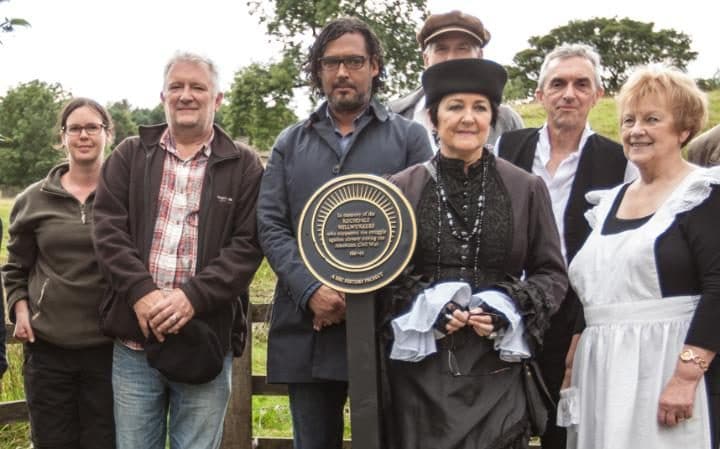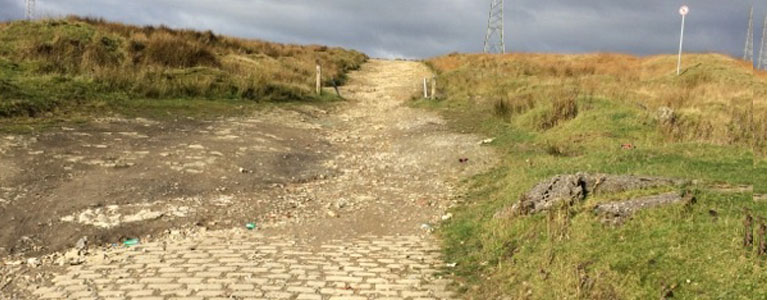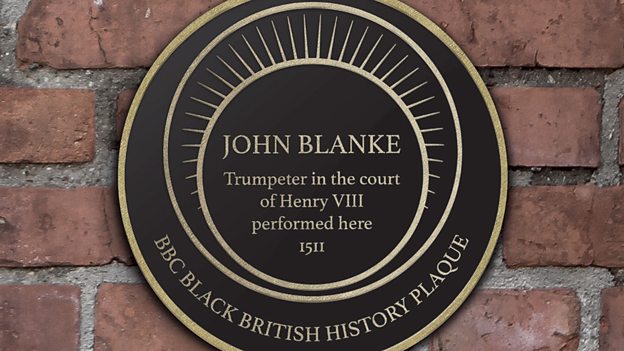This article in The Telegraph states, ‘There was no shortage of revelations in Black and British: A Forgotten History‘
News
Cotton Famine Road – BBC North West Tonight – 6.30pm BBC One
Wednesday 23rd November 2016.
Interview with members of Rooley Moor Neighbourhood Forum about the Black & British – ‘A Forgotten History’ program featuring the Cotton Famine Road and our neighbourhood launch event.
Road to progress: historic Rochdale highway to star in BBC documentary
Rochdale has a proud and rich industrial past most famously as the place where the pioneering Co-operative movement was born.
Yet nestled away on Rooley Moor, with spectacular views across the south Pennine hills, stands a famous landmark to a lesser-known local struggle for social progression, which is set to feature in a new BBC 2 series ‘Black and British: A Forgotten History’.
An historic Victorian stone road, widely known as the ‘Cotton Famine Road’, is a monument to the fascinating story of Rochdale cotton workers siding with the Union cause during the American Civil War.
Lancashire workers sided with the African slaves who picked cotton in the US to support President Abraham Lincoln’s pledge to abolish slavery. This was despite a Union blockade of Confederate ports causing a shortage of cotton supplies coming to Rochdale that caused the ‘cotton famine’ which starved thousands of men and women of their livelihoods.
Continue reading “Road to progress: historic Rochdale highway to star in BBC documentary”
Touchstones Creative Writing Group – Poetry For RMNF Launch Event
More information about Touchstones Creative Writting can be found here.
FREEDOM
© Annette Keeble Martens
For black folk there was nothing but the cruellest life each day.
The whip, the breaking backs as cotton bales were sent to weigh,
While white folk trudged the Cotton Road to reach the cotton mill
Where they would slave in dampness and conditions that could kill.
So many miles away across the endless ocean’s waves,
A Civil War was brewing that could free the captive slaves,
And even England’s poorest joined their voices to the fight
For they could understand the awful horror of their plight.
Then cotton ceased to come as ports were blocked ‘til slaves were freed,
But here, the mills fell silent and the people cried in need,
And walked the tired horses down the Cotton Famine Road
To find no work was waiting and no cotton to unload.
And little children cried because the hunger brought them pain,
And parents didn’t know if they would ever work again.
When one by one the mills began to close or change their path,
For England’s North was altered in the famine’s aftermath.
But like the cobbled Cotton Famine Road that would survive,
The ordinary Rochdale Folk have kept the past alive
And it’s become the future for the cotton industry
Is coming back to Manchester – without the slavery.
COTTON FAMINE ROAD
© Catherine Coward
Lives in Alabama, twisting and turning like cotton on trees,
as hardship and grievance across oceans interweave.
Fired by inequality, earth trembled with the sound of shot;
the ground stilled when the looms stopped.
Bales began stockpiling, men and industry together dying.
Some slaved in heat, some slaved in cold,
pursuing solidarity in a parallel world.
Children of the revolution laid each cold stone
trying to appease their hunger on the Cotton Famine Road.
For every shuttle stopped, another stone was laid,
with long hard labour Rooley Moor was paved,
while war against slavery raged.
A bowl of rice, a cup of soup, an early grave,
was the pittance both sides were paid.
Gangs without a chain; slaves in all but name.
Alabama blues made front page news.
The Poor Law’s lasting monument to hardship and the poor
lies embedded on the hillside; battered by wind and rain
on the former Catley Lane.
Cotton Famine Road
© Eileen Earnshaw
Stretching over Spodden Moor,
As far as eyes can see.
Stone setts, side by side,
stepping stones to victory.
O’er aching backs,
stone ripped hands
capitalist and kings.
Part-time schools, poor education;
Low wages, near starvation.
Slaves in all but name
men who built the Famine Road
could hear their children cry,
for want of warmth in winter,
For clothes to keep them dry.
In fields abroad, or Lancashire
men should be above the beast;
See every stone a protest
that men should all be free.
Behind this simple tenet
United we should be.
The Cotton Famine Road
© GLENIS MEEKS
Together, let’s celebrate Lancashire’s spirit,
especially today, at Catley Lane Head,
where a set stone road begins and straddles
Rooley Moor’s peat bog beds.
Step on stones of this Victorian road,
one of England’s highest, they said.
It’s certainly seen for miles around,
slashing the moor with its ancient tread.
Before it was laid, life was good for its makers.
Plentiful work in warm mills, using skill.
Well paid, in those days of the eighteen fifties,
Able to pay any household bill.
Then civil commotion across the ocean
ricocheted here to our nation.
Cotton fell scarce; men laid off work,
and stoppage brought with it starvation.
Work offered in lieu for a pittance each day.
Slave labour akin to black vassals.
Toilers broke stones and surfaced the road;
Showed guts in spite of all hassles.
No money to spare, they slept where they could
still clothed, to fend off the cold,
living on oats and their will to survive.
Their story deserves to be told.
Today, the road embodies their grit
brought about by commercial uncertainty,
reversing the pattern, the course of men’s lives,
bringing them down in deep poverty.
Their legacy endures, can be seen here today,
And merits more worthy attention,
by highlighting facts about Rooley Moor Road
and the men behind its invention.
Famine Weavers
© Shirley-Anne Kennedy
My grandmother saw them gather once
restless particles forming in fog
awakened by frost dressing rooftops
like a knocker-up tapping on glass.
Murmuring shades, ragged skeletal moths
dancing in hisses of gas light,
grouped tight to keep the living out,
reflecting in mill windows and puddles.
Clogs echoing on wet cobblestones,
mee-maws hollowing into the night.
Ghosts of Cotton Famine Road
© Susan Gash
Ghosts of Cotton Famine Road,
Lowering clouds rest heavy on high peaks.
From those dank mists there flows a road of stones
And here my restless presence haunts the way.
Bound to this bleak place by distant woes,
Here once I stumbled blindly with fatigue,
Lay down to rest and never rose again.
Listen and you may hear the far off sounds
Soft cries and groans carried on bitter winds
And sharp metallic ring of tools on stone
As spirits of the dead still build the road.
They do not know that their hard day is done
Or that they have no more a need to toil,
But slave-like still they wearily work on
To earn relief for loved ones long since passed.
There is no welcome rest for such as they
Who needs must labour for a paltry sum,
Bent to the will of greedy, wealthy men
And they no choice but do as they are bid.
Sixpence for a Song
© Val J Chapman
The silence in the village crept eerily around
And a quietness hung in the air.
Few carts rattled by in these times of cheerless need.
Men leant upon the bridge, cold, listless;
No one hurried now.
Unlike the earlier years
When the tall mill chimneys would smoke foggily,
And loads of twist and cloth pervade the cobbled streets.
The flower of our working population,
Of finer stuff than the common staple.
And folk would hurry by to the busy factory,
Full of life, full of glee.
Suddenly, the sweet, plaintive song of a young girl
Floated along in the calm, still air.
How could she feel like singing
When they had no clothes to wear?
She pulled her baby close to her,
There was no bonnet for its head,
As with nervous grasp, a timid air,
And downcast eye, she sang as she hugged her little one.
The Chartist orator, Ernest Jones, never forgot the men of Rochdale
And their love of freedom’s truth.
And for the freedom of the black,
Joined towards the Charter of the Englishman’s liberty.
With her sweet song ended and her soft voice fading away,
She had every heart strung to sympathy.
And lifting her eyes to reality,
She burst into a flood of passionate tears.
Lancashire folk were never known to remark
Or hawk their troubles around;
They were always sufficiently worthy of themselves.
But a Lancashire lad had heard her song, and with pity,
Laid down his hat at her place on the cobbles,
And collected for her a few ill-afforded pennies,
He himself giving her a sixpence for her song.
Rooley Moor Neighbourhood Launch Event and Cotton Famine Road Plaque Unveiling
Our Launch Event and Cotton Famine Road Plaque Unveiling
Rooley Moor Neighbourhood Forum held its launch event at Catley Lane Head, Rochdale on Sunday 14th August 2016 to inform people about the forum and its role in neighbourhood planning.
Rooley Moor Neighbourhood Area is considered to be a heritage asset because of its history, setting and architectural heritage. A dominant feature of the area is the Cotton Famine Road and forum members have been working closely with the BBC to coincide our launch event with the unveiling of a plaque to commemorate Rochdale millworkers who suffered great hardship, but supported the abolition of slavery, during the Lancashire Cotton Famine (1861–65) brought about by the American Civil War.
We had a fabulous day and are very grateful to Rochdale Council, Locality, the BBC and the many people who supported our event! The Lord of the Manor gave permission for the BBC to film on Rooley Moor and we believe the involvement of the BBC is a significant step in raising the profile of our area. Our aim is to encourage people to visit and better understand our heritage and the many leisure activities such as walking, running, horse riding, cycling, ornithology and fishing that are available to pursue.
Forum chairman, Andy Meek, welcomed everyone to the event including the Mayor & Mayoress, Councillors and local star of stage and TV, Sue Devaney. Forum trustee, Councillor Cecile Biant, gave a background to the forum & area and later in the day she read a speech by Richard Cobden who was a Rochdale MP at the time of the Cotton Famine. Manchester University academic Dr David Brown gave a presentation about the history of the cotton millworkers and the support they gave to the abolition of slavery. Reverend Morley Morgan gave a dedication and Mayor Ray Dutton unveiled the plaque commemorating the cotton millworkers and said: “I am really proud to be here with descendants from the cotton mills.”
There were many activities during the day including clog dancing on the cobbled road from Alex Fisher, Littleborough Oakenhoof Folk Arts Group and the Rossendale Clog Heritage Dancers.
In the event field there was a cotton spinning demonstration, face painting, birds of prey, neighbourhood forum & local history displays, Skylight Circus Arts, the Rochdale Ramblers and Rochdale & Bury Bridleways Association each had a display, the Touchstones Creative Writing Group gave a reading performance and Lancashire dialect researcher, Sid Calderbank, performed period poems, songs and stories.
Our local Co-Op store, Lia’s Cakes and forum volunteers provided refreshments.
A crew from the BBC filmed the event and conducted interviews to be included in a program ‘A Black History of Britain’ expected to air in November this year.
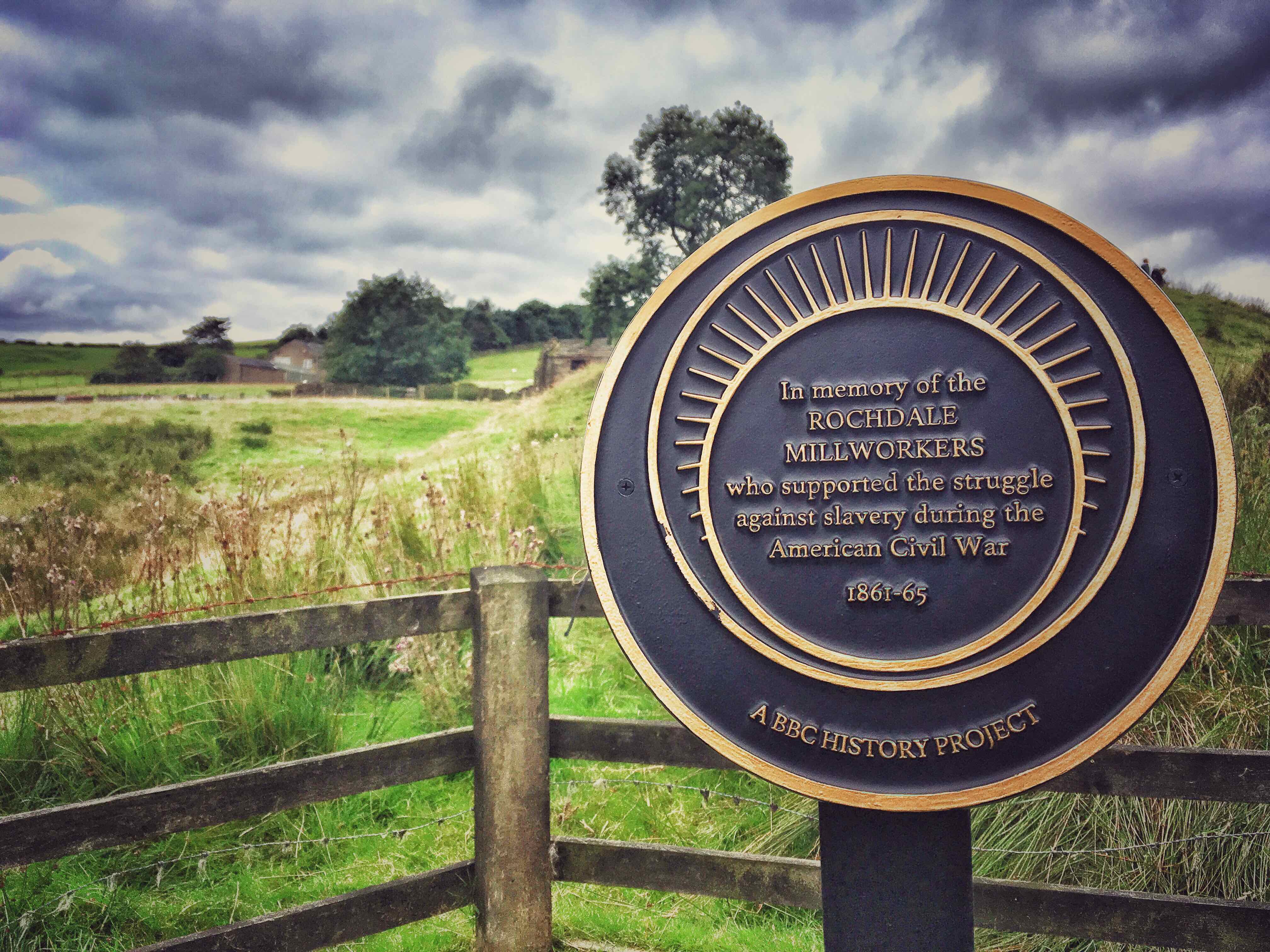
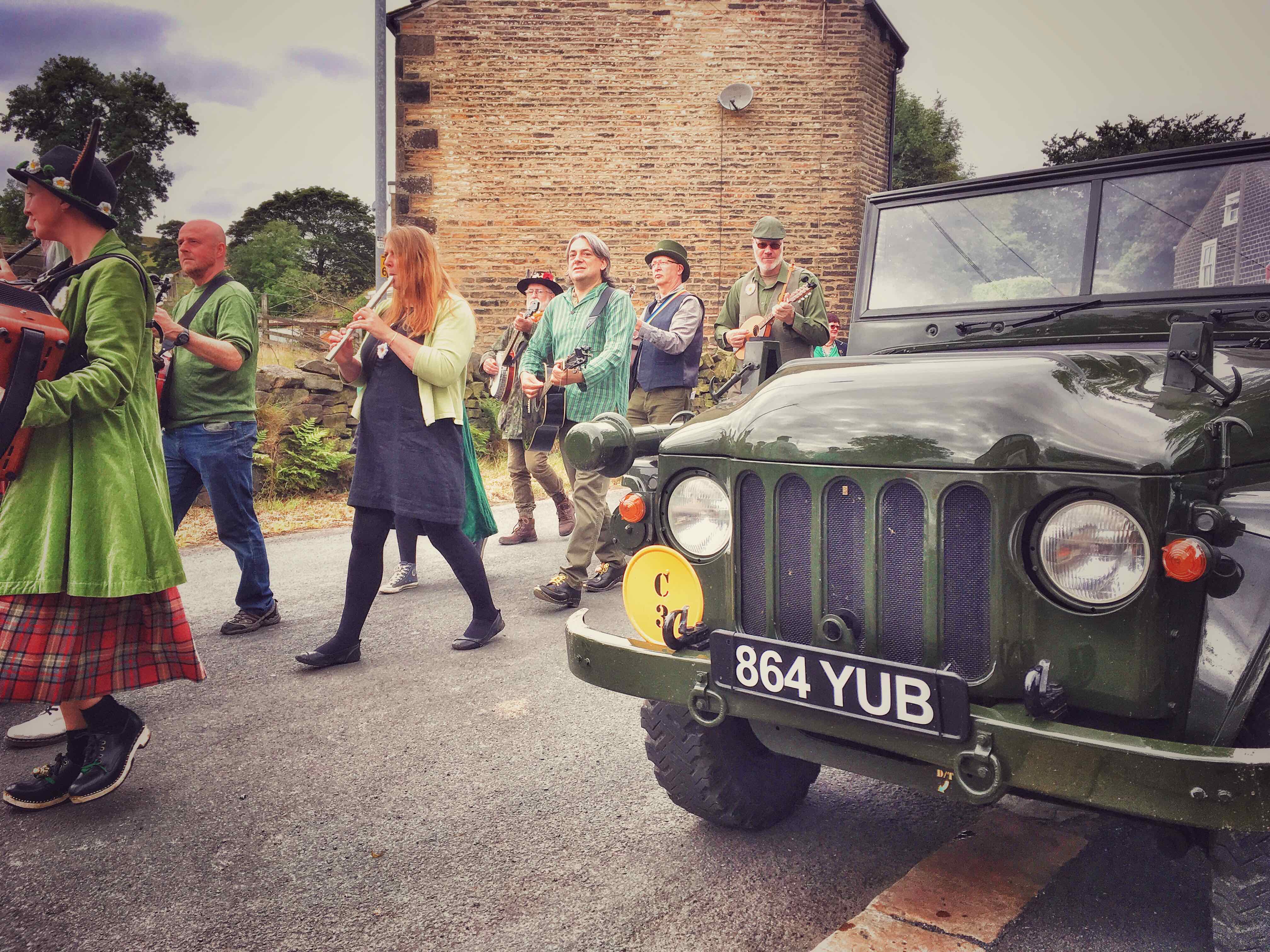
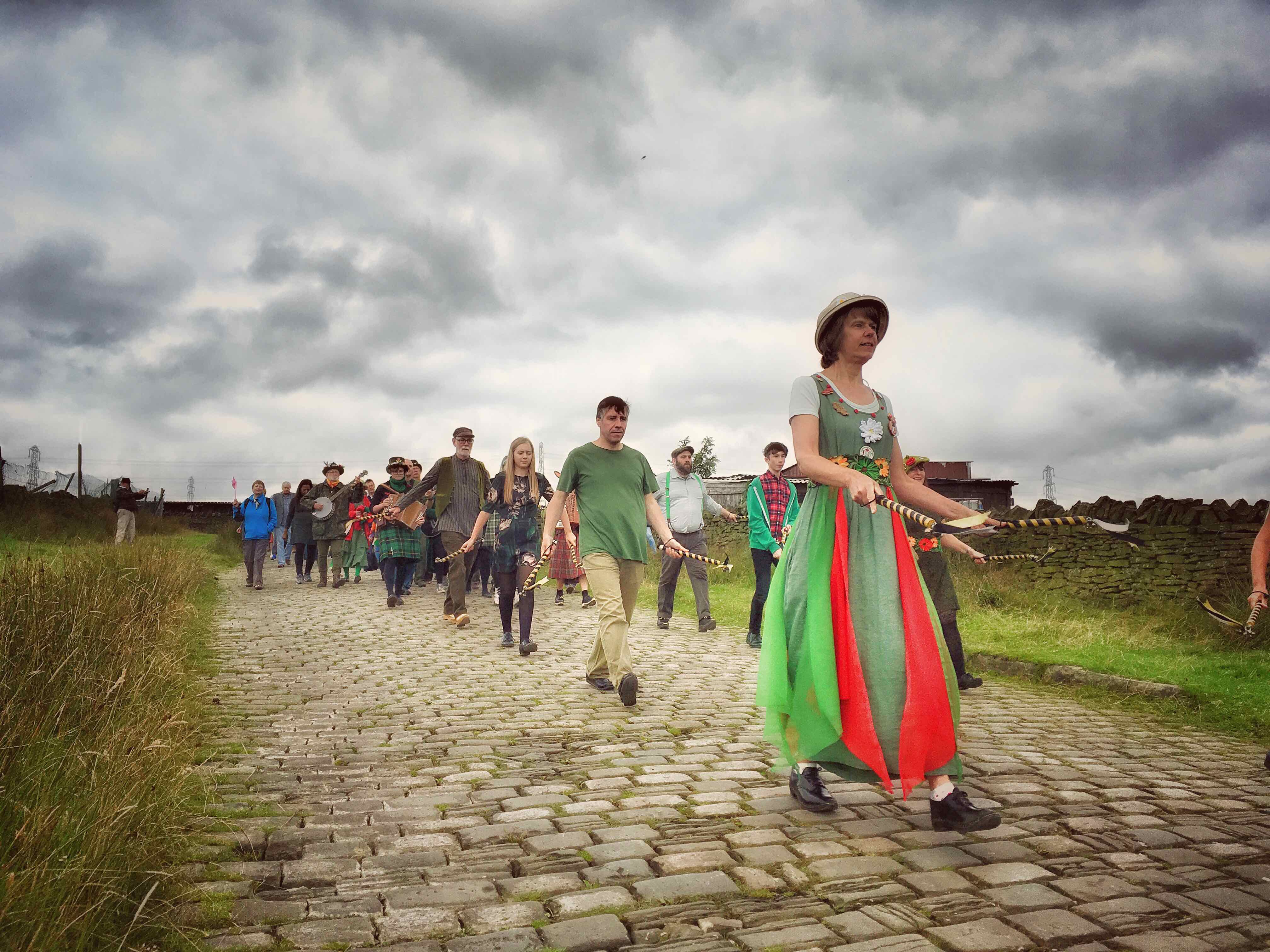

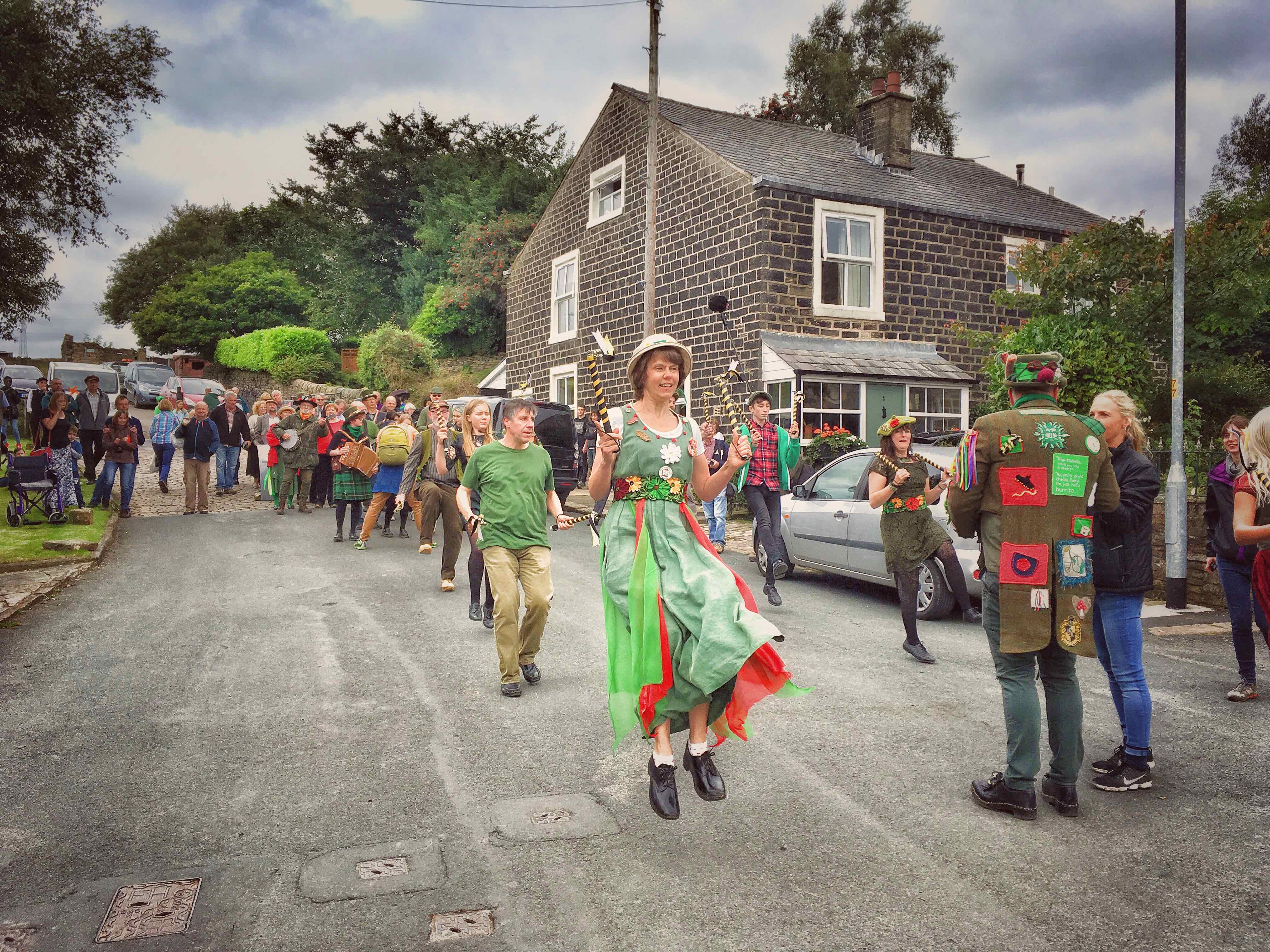
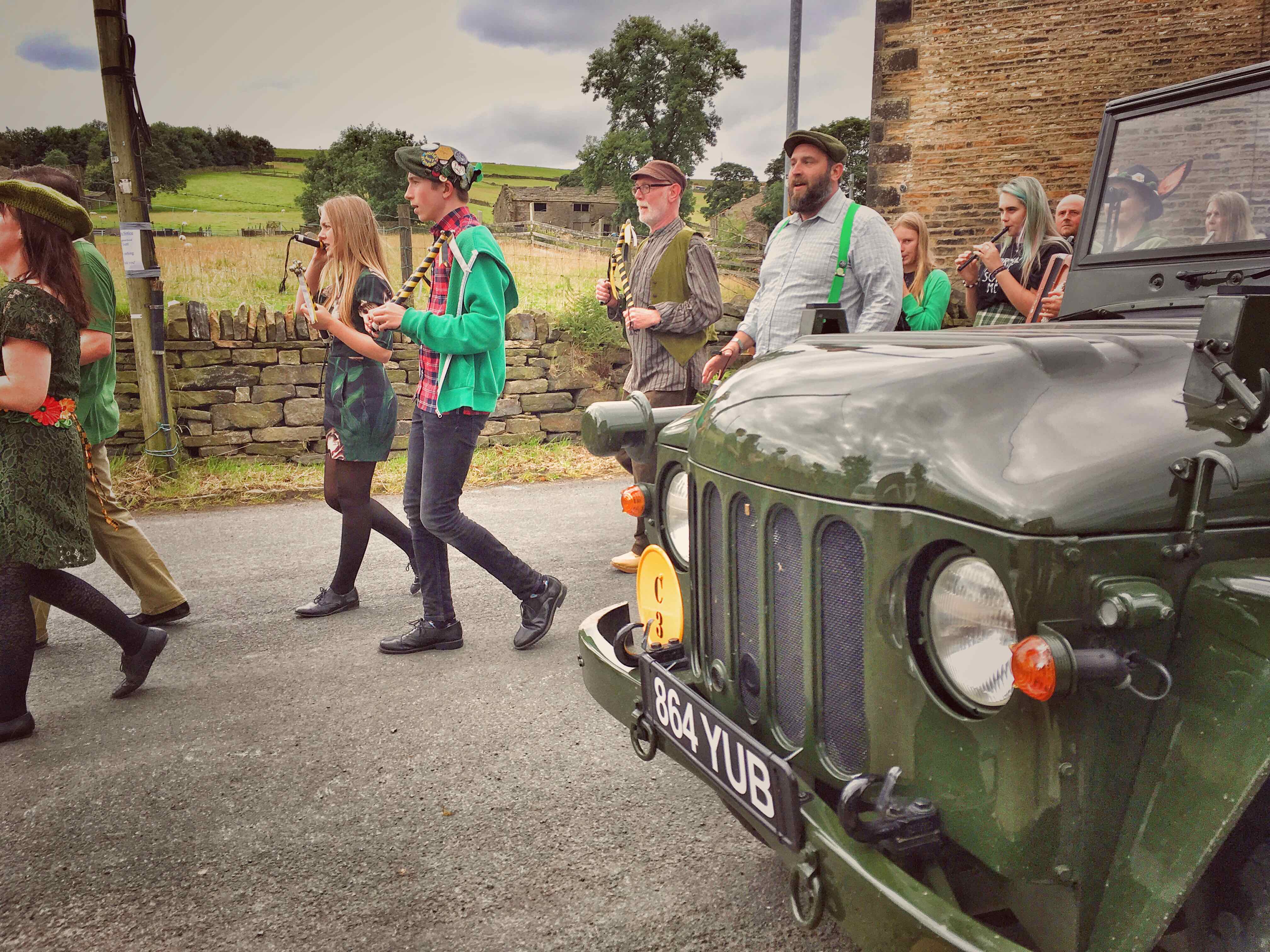
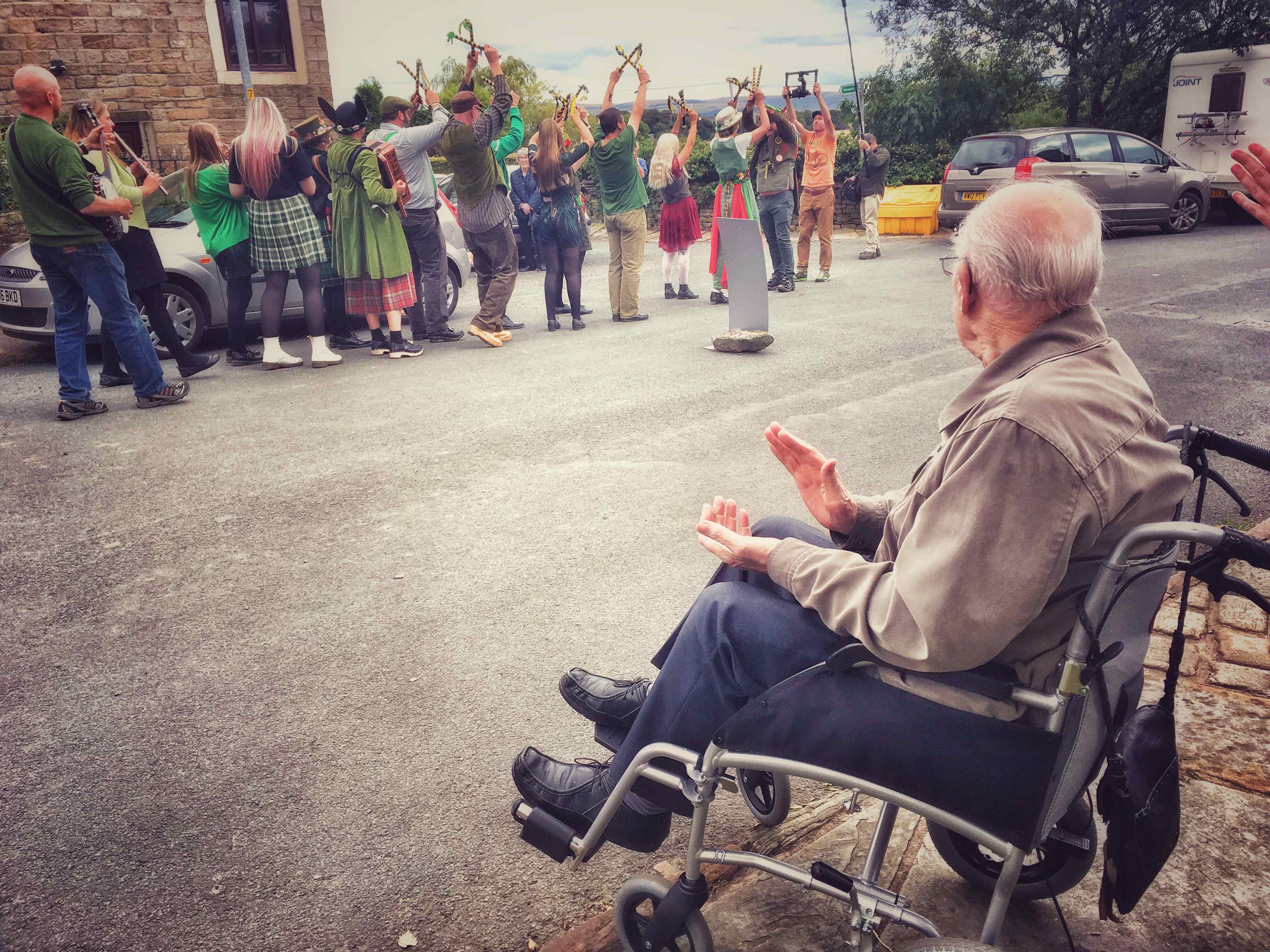
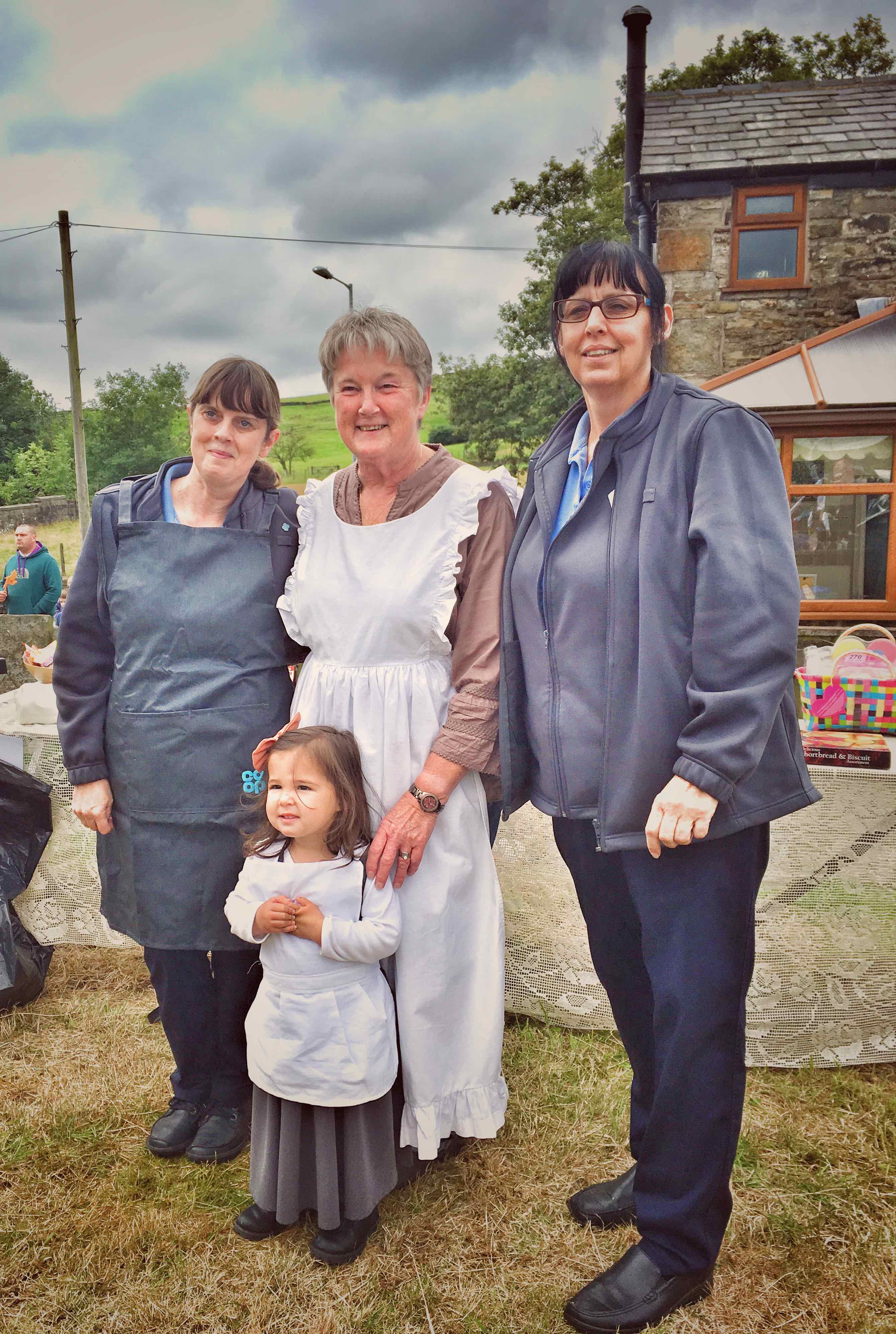
Please post your photos and leave comments about the event on our Facebook page
https://www.facebook.com/groups/rooleymoorneighbourhoodforum
More details about the event
BBC Radio Manchester Interview
Alison Butterworth interviews Alan Rawsterne
On Saturday 13th August 2016 at approximately 8:45am Alison Butterworth intervied Alan Rawsterne about the Rooley Moor Neighbourhood Forum and its connection with the Cotton Famine Road
Our Event Starts To Take Shape
Another fun day that almost included paragliding!
Thanks to everyone who helped.
Related Images




Tidy Up Ready For Our Event
Great fun and great company!
Thanks to everyone who helped us get ready for the big day
Related Images
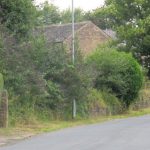
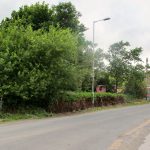
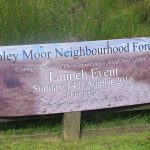
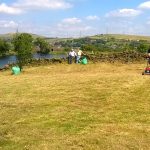


More About Our Launch Event
BBC’s ‘Black History of Britain’ to feature Cotton Famine Road at Lane Head
RMNF support ambitious new BBC series telling A Black History Of Britain
The BBC plan to include the Cotton Famine Road in their ambitious new series telling A Black History Of Britain. Continue reading “RMNF support ambitious new BBC series telling A Black History Of Britain”

